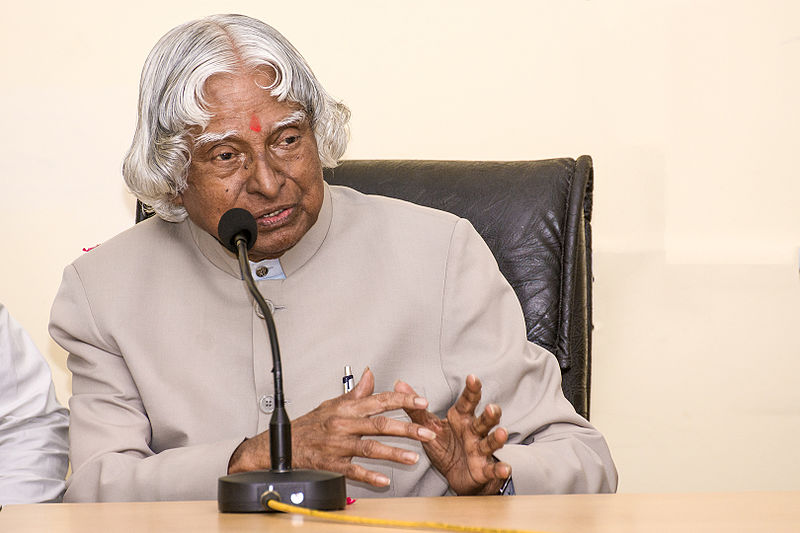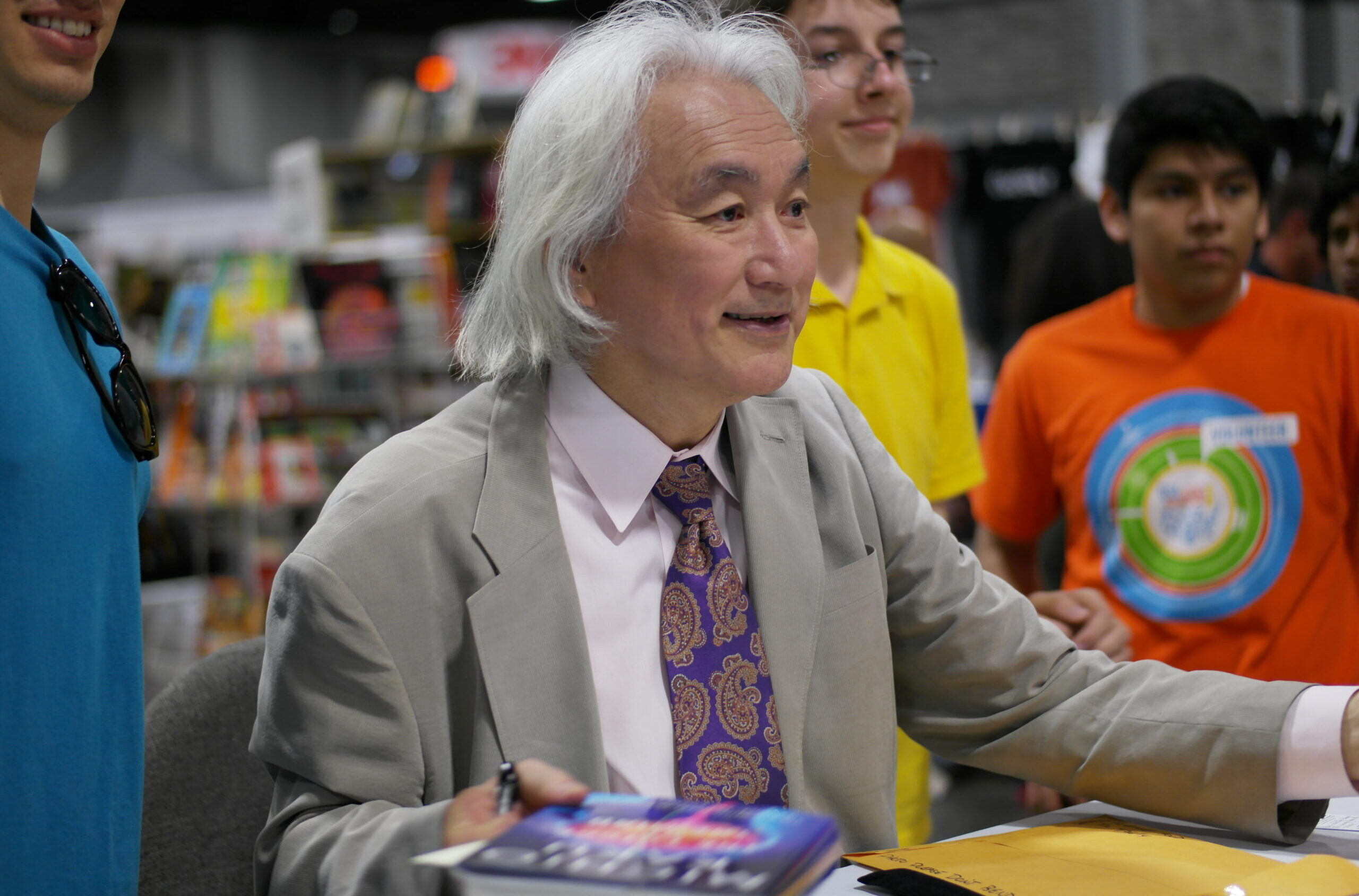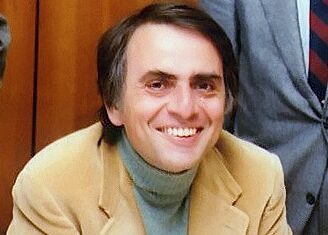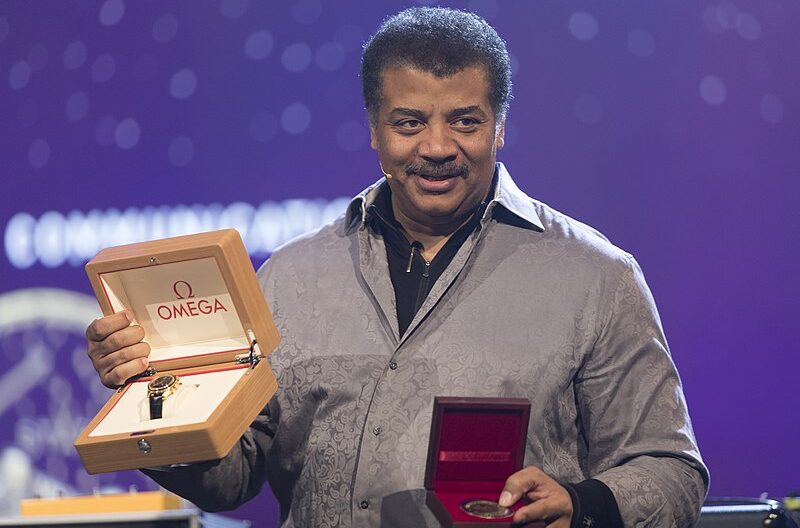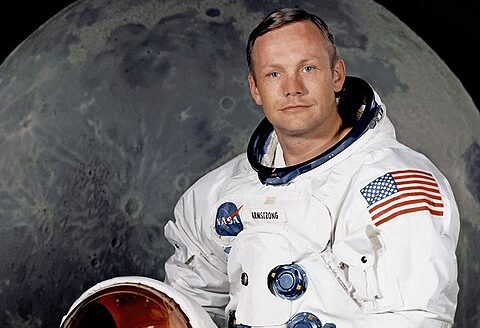Dr. A. P. J. Abdul Kalam, widely known as the “People’s President” and a renowned Indian scientist, is celebrated for his contributions to aerospace engineering and his presidency, marked by humility and dedication. While his life was predominantly characterized by his inspiring achievements and positive impact, there are a few notable controversies associated with him that have sparked debates and discussions. These controversies, although minor compared to his overarching legacy, offer insights into the multifaceted nature of his journey.
ISRO Controversy: During his tenure as the Director of the Indian Space Research Organisation (ISRO), Kalam faced challenges related to the development of the Satellite Launch Vehicle (SLV-III) program. The project encountered technical setbacks and financial constraints, leading to debates about resource allocation and the potential impact on India’s space ambitions.
Nuclear Tests and Critics: Dr. Kalam was instrumental in India’s nuclear weapon testing, known as the Pokhran-II tests. While the tests were celebrated as significant milestones in India’s defense capabilities, they also attracted criticism from various quarters, including concerns about global disarmament efforts and the potential for regional instability.
Role in Pokhran-II Tests: Kalam’s role in the Pokhran-II tests raised ethical and moral questions for some observers. As a renowned scientist known for his contributions to peaceful applications of space and technology, his involvement in the military realm challenged perceptions of his scientific and humanitarian commitments.
Reservation Debate: Dr. Kalam’s views on reservation policies in education and employment sparked discussions. His suggestion to limit the reservation period for marginalized communities to 10-15 years garnered mixed reactions, with proponents seeing it as a means of empowering underprivileged sections and critics viewing it as a potential setback to social justice.
Nuclear Weaponization Concerns: Some critics expressed concerns that Kalam’s involvement in nuclear weapon development could overshadow his earlier contributions to civilian technologies, potentially leading to a shift in his public image from a scientist to a defense strategist.
Support for Spiritual Organizations: Dr. Kalam’s association with spiritual organizations like the Brahma Kumaris drew attention. While many praised his quest for spiritual wisdom and inner harmony, there were debates about the appropriateness of his endorsement of specific spiritual groups as a public figure.
Scientific vs. Political Role: Kalam’s transition from a scientist to a politician raised debates about the compatibility of his roles and whether his foray into politics might dilute his scientific legacy.
Lack of Political Stance: Some critics argued that Kalam’s presidency was marked by a perceived lack of political intervention or vocal opinions on certain critical issues, leading to debates about the role and responsibilities of the President of India.
Allegations of Plagiarism: A controversy arose when allegations of plagiarism were leveled against Dr. Kalam’s book “Wings of Fire.” However, these claims were largely unsubstantiated, and the overall impact on his legacy remained minimal.
Role as “People’s President”: While widely revered as the “People’s President,” Kalam’s critics questioned the extent of his actual influence and effectiveness in shaping policy decisions during his tenure.
Education Policies: Some critics raised concerns about the emphasis on scientific education and technological advancements during Kalam’s presidency, arguing that a broader focus on social and economic issues might have been equally essential.
These controversies, mere ripples in the vast ocean of his contributions, emphasize the multifaceted nature of his legacy. Beyond the debates and discussions, his profound impact on science, society, and the human spirit remains an unwavering testament to his enduring greatness.
